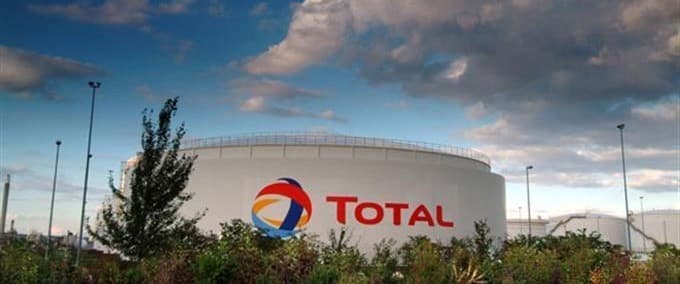
Two environmentalist groups have challenged in court French oil major TotalEnergies’ plans to drill five wells offshore South Africa. The groups seek to stop the drilling, claiming that the environmental impact assessment was not done according to requirements.This is not the first time activists are challenging oil exploration in South Africa. It won’t be the last. But the French supermajor does not seem too bothered by it. Neither does it seem too bothered, for now, about other challenges it may encounter should the results of its drilling campaign in the country be fruitful. TotalEnergies either likes risk or it knows something about global oil demand that activists don’t.
TotalEnergies acquired a 33% stake in an exploration block offshore South Africa earlier in March. QatarEnergy also bought a stake in Block 3B/4B, which happens to be adjacent to the Venus prospect in Namibian waters, where TotalEnergies and QatarEnergy made a significant discovery. In fact, it was the most significant discovery made in the Orange Basin that Namibia and South Africa share.
With 3 billion barrels tapped in Venus, TotalEnergies seems to be doing what any other supermajor would do in these circumstances: an oil industry version of the “follow the vein” rule. Yet this is happening in the context of ever-growing pressure on that industry to give it all up and start making wind turbines, and also in the context of an underdeveloped oil and gas legislative regime in South Africa—and rife corruption.
Over the past three years or so, oil and gas companies, including the supermajors, have become extremely cautious. They also became extremely frugal despite their record profits in 2022. Low-risk assets were prioritized, and high-risk ones were put up for sale. With activists breathing down their necks and governments using windfall profit taxes as a means of punishing the industry for being what it is, it was difficult to be generous and reckless with the investments.
Yet, from a certain perspective, this is exactly what TotalEnergies and QatarEnergy are doing right now: being reckless by expanding in a region with no oil discoveries of any significance to date and a vibrant climate activist community that already has one scalp under its belt: back in 2022, activists got a South African court to revoke Shell’s exploration license offshore Wild Coast.
There is also no regulatory clarity because the South African government has been slow in adopting a Petroleum Resources Development Bill, blaming the delays on those same activists that won over Shell, per a review of the South African oil situation by Energy Intelligence. There is also the issue of corruption, but against the above background, this may actually be a relatively minor nuisance: corruption is popular across the world, and chances are TotalEnergies knows how to handle it.
Yet the question remains why it would be risking activist wrath, court bans, and, ultimately, the possibility that the Orange Basin’s oil and gas abundance does not extend all the way to Block3B/4B. The most likely answer is one that would anger those activists even more. The world will continue needing a lot of crude oil in the coming decades, and Africa is the one place that still has massive untapped resources.TotalEnergies already struck some of those resources—gas condensate—offshore South Africa—back in 2020. In fact, it made two discoveries in the Luiperd prospect, which held a lot of promise for supplying the domestic market with gas.
It would have been a major change for the better for South Africa, which has been suffering chronic blackouts and whose dependence on coal for power generation makes a very bad impression in the West. So bad, that the West has offered the country $8.5 billion to ditch coal. Yet the only way South Africa can do this is by first finding a reliable substitute.
Per the Energy Intelligence review, the Luiperd gas project basically fell through because the government could not agree on a price for the gas with TotalEnergies and its partners in the development. Corruption and bureaucratic hurdles also contributed, Energy Intelligence noted, citing one investor involved in the project as saying that “Even if the fundamentals and the rhetoric suggest gas is needed as a transition fuel, personal interests aligned with coal and diesel have not been supportive.”
Yet despite all these challenges, TotalEnergies is expanding in South Africa. The company does not have a reputation for being reckless with its investments. Quite the contrary, it has been really careful where it spends its money. Now, it has decided to spend more of it on exploration in South Africa.Perhaps the Orange Basin oil wealth extends into South African waters at the same high rate indeed. Or perhaps the risk of finding out if this is the case is worth taking because oil demand will remain strong enough in the observable future to justify the exploration push offshore South Africa.
Source:https://oilprice.com
